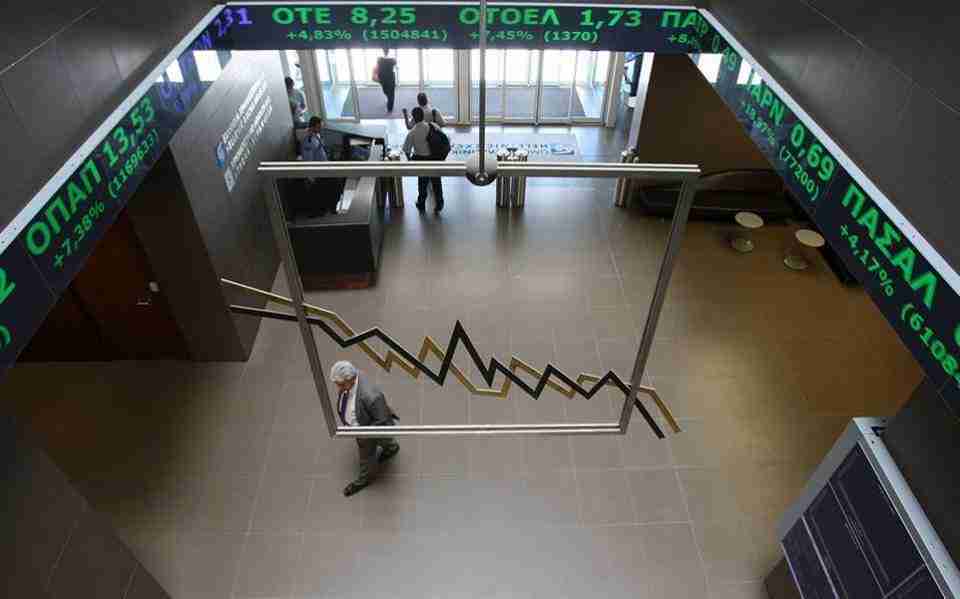Relieving large realty owners
More than 500,000 property owners – private individuals as well as enterprises – stand to benefit from the abolition of the supplementary property tax, as the advisory committee to the Finance Ministry is proposing. This is a proposal that also forms part of the government agenda and will be implemented, partially or in full, depending on the fiscal capacity.
The half-a-million property owners who pay about 50% of the annual Single Property Tax (ENFIA) are those who in the decade of the financial crisis covered the fiscal gaps and the handout policy, mainly of the previous government. It is the same category that pays the biggest share of income tax and cannot be expected to put up with this burden for ever. The only exception was last year, when ENFIA was cut by 20% for medium-sized properties, 10% for large ones and 30% for smaller ownerships.
The economists’ proposal in practice foresees an end to the tax imposed on properties and plots within town planning which have a taxable value of more than 250,000 euros. It was established not to distinguish the tax treatment of large and small owners, but to ensure that the primary surplus targets were met.
The supplementary property tax amounts to €629 million every year and is paid by about 450,000 individual taxpayers and some 50,000 corporations. The total value of the properties these owners possess exceeds €600 billion, while the total value of all property assets in Greece is slightly over €1 trillion.
Meanwhile the government’s plan is for the ENFIA takings and management to be passed on to municipal authorities as of 2022. There will be a range of rates within which local authorities will be able to increase or decrease the ENFIA in their districts, but that range has not yet been decided.
Sources say the government blueprint will take into account the economic, geographical and administrative peculiarities of each municipality to set the range permitted. There will also be a redistributive mechanism, bridging the gap between the most and least expensive areas of the country.


